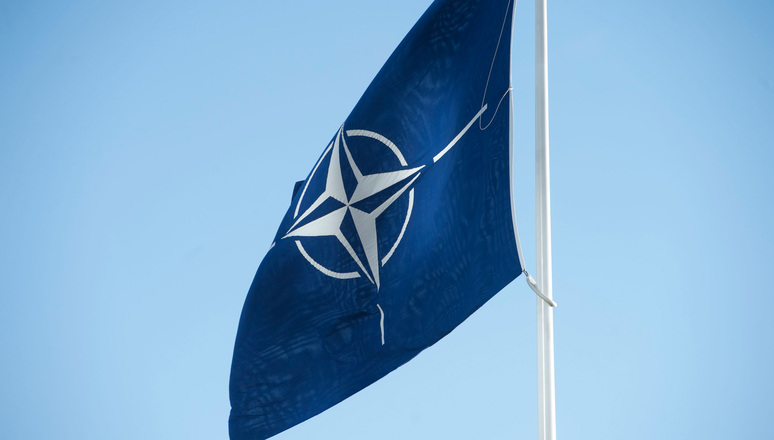Relations with partners in the Indo-Pacific region
NATO is strengthening dialogue and cooperation with its partners in the Indo-Pacific region – Australia, Japan, the Republic of Korea and New Zealand. In today’s complex security environment, relations with like-minded partners are increasingly important to address cross-cutting security issues and global challenges. The Indo-Pacific is important for the Alliance, given that developments in that region can directly affect Euro-Atlantic security. Moreover, NATO and its partners in the region share common values and a goal of working together to uphold the rules-based international order.

Enhanced political dialogue and engagement
NATO has stepped up cooperation with its partners in the Indo-Pacific region in the past few years, including with the first-ever participation of the Heads of State and Government of these partners in a NATO summit, at the 2022 Madrid Summit. In July 2023, the Leaders of NATO’s partners in the Indo-Pacific participated in their second NATO summit, in Vilnius.
In July 2024, they participated in their third NATO summit in Washington, D.C., where practical cooperation between Allies and partners in the Indo-Pacific was further enhanced, including through the launch of new flagship projects in the areas of support to Ukraine on military healthcare as well as cyber defence, countering disinformation, and technology such as artificial intelligence.
These historic summit engagements build on a number of high-level meetings held with partners from the Indo-Pacific region over the past years. This includes the participation of their Foreign Ministers in several NATO Foreign Ministerial meetings since 2020, regular North Atlantic Council meetings and meetings in military format, such as meetings of the NATO Military Committee in Chiefs of Defence session. In October 2024, partners from the Indo-Pacific participated for the first time in a NATO Defence Ministerial meeting.
This ongoing dialogue ensures that NATO and its partners can enhance their mutual situational awareness of security developments in the Euro-Atlantic and Indo-Pacific regions, including Russia’s war of aggression against Ukraine, the People’s Republic of China’s (PRC) stated ambitions and coercive policies in various domains, the deepening strategic partnership between the PRC and Russia, and the security situation on the Korean Peninsula. Partners in the Indo-Pacific also contribute unique perspectives to NATO policy discussions on common global security challenges, such as cyber defence, resilience, technology, the security implications of climate change, maritime security and arms control.
Key policy documents
In addition to this dialogue, two landmark documents were agreed in 2022 that enhanced NATO’s cooperation with the partners from the Indo-Pacific region. In April 2022, NATO and the partners agreed the Agenda for Tackling Shared Security Challenges to deepen cooperation in a range of areas, including cyber defence, technology and countering hybrid threats as well as maritime security and the security impact of climate change Furthermore, at the Madrid Summit in June 2022, NATO Heads of State and Government adopted the NATO 2022 Strategic Concept, the Alliance’s core policy document, which sets NATO’s strategic direction for the coming years. For the first time, the Strategic Concept mentions the importance of the Indo-Pacific, noting that “developments in that region can directly affect Euro-Atlantic security”. The 2022 Strategic Concept also states that “NATO will strengthen dialogue and cooperation with new and existing partners in the Indo-Pacific to tackle cross-regional challenges and shared security interests”.
Bilateral relations
Each of the four partners in the Indo-Pacific maintains bilateral relations with NATO, guided by the Individually Tailored Partnership Programme – a jointly agreed partnership framework document identifying areas of mutual interest for cooperation. NATO’s bilateral relations with each of its partners from the Indo-Pacific region have developed over the past two decades, and have included cooperation in areas such as cyber defence, the Women, Peace and Security agenda, military interoperability, maritime security, the Science for Peace and Security programme and NATO’s engagement in Afghanistan.
